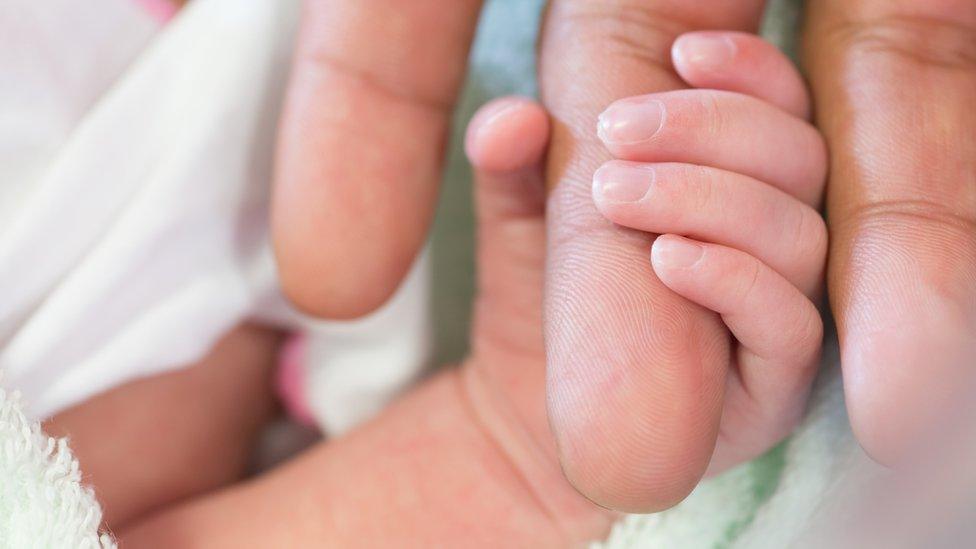Postnatal depression: Call for new fathers to be screened
- Published
- comments
Mark Williams and his wife suffered from postnatal depression
A man who suffered depression after the birth of his son says all new fathers should be screened for the illness.
"I remember I was in a car park one day and I just broke down crying," said Mark Williams of Bridgend-based Fathers Reaching Out charity.
Both Mr Williams and his wife suffered from postnatal depression after the traumatic birth of their child.
He wants mental health checks for all new parents but there are currently no plans to change the guidelines.
In 2004, Mr Williams and his wife, Michelle, 39, became parents to Ethan.
He was born by Caesarean section after a difficult labour. Mr Williams feared for the lives of both his wife and child.
Afterwards, Mrs Williams developed severe postnatal depression.
"There's different levels of post-natal depression, and I had to give up work, look after her, the baby," said Mr Williams.
"My wife is a fantastic mother but obviously she needed that support, and giving up work for six months, no money coming in, mortgage to pay, credit cards, I was starting to get depressed myself.
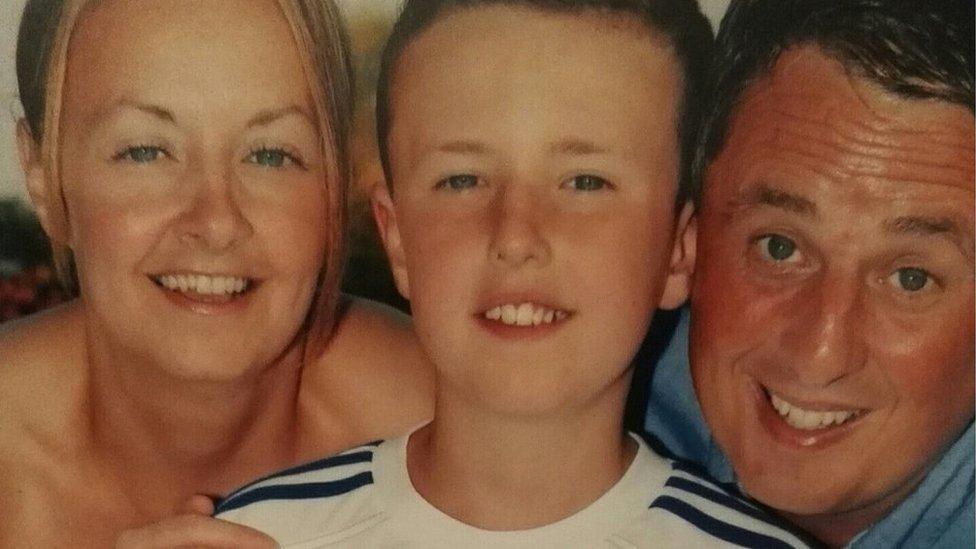
Mark Williams with wife Michelle and son Ethan
"And I was worried about her, I couldn't tell her how I was feeling because I just wanted her to be well, so she didn't know I was suffering either."
Mr Williams said he became anxious and could not talk about his feelings.
"It put a strain on our relationship but I couldn't talk to my friends about it. They did not know what was going on and I changed," he said.
"I was moody and I'm usually a happy chap, and I was drinking more to try to block it out.
"There was pressure everywhere. I felt a lot of frustration. I remember I was in a car park one day and I just broke down crying."
Mr Williams is concerned post-traumatic stress disorder (PTSD) in men who have witnessed difficult births is not picked up soon enough.
But the National Institute for Health and Care Excellence (Nice) said there were no plans to change its guidelines on the issue.
Currently, all new mothers' well-being is gauged using the Edinburgh Postnatal Depression Scale, a questionnaire which asks women to assess their mental state.
Mr Williams, who set up the Fathers Reaching Out support group after suffering with postnatal depression, has been invited to address MPs in the House of Commons on 20 November.
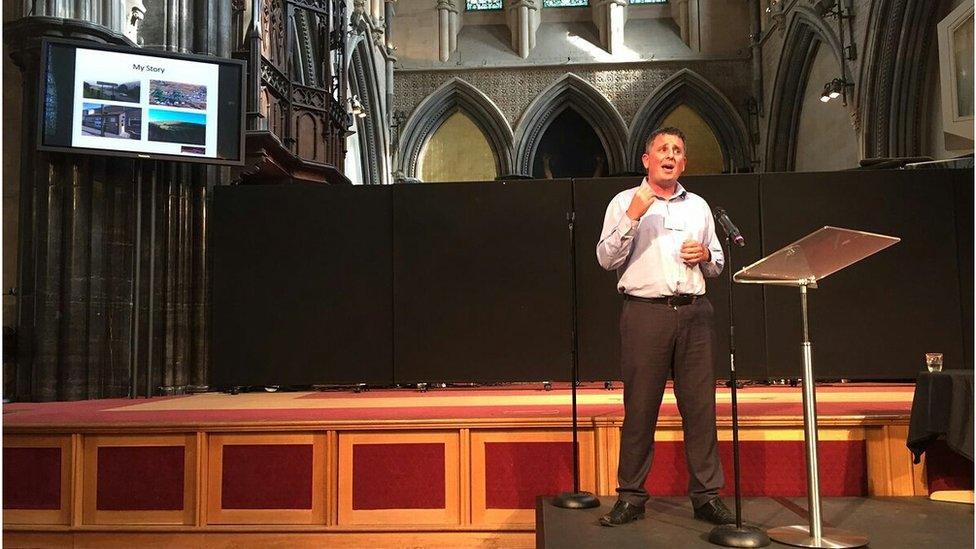
Mr Williams has taken his campaign for greater recognition and support for fathers suffering postnatal depression around the country
He wants Nice's guidelines for health workers on antenatal and postnatal mental health to reflect the potential for men to develop PTSD after a birth.
But a spokesman said it is "unlikely" they will be reviewed for a few years.
Simon Jones, Head of Policy and Influencing at Mind Cymru, said: "Having a baby is a big life change for both mums and dads. Coping with a major transition can affect anyone's mental health, especially for new parents who will likely experience difficulties with finances, sleep and relationships with friends and family."
The charity said men were half as likely to talk to friends about problems as women and only 31% of men discussed worries with their relatives, compared to 54% of women.
"Men are much more likely to rely solely on their partner, if anyone at all. This puts men at a greater risk of emotional isolation," he added.
'Man up?'
A Public Health Wales said the mental health of fathers, both prior to and after the birth of a child, "can play an important role in both the family's and the mother's overall wellbeing".
A spokesman said the All Wales Perinatal Mental Health Steering Group, which includes health boards, academics, voluntary organisations and those with experience, would be exploring the impact of paternal mental wellbeing within the family.
Dr Sarah McMullen, head of Knowledge at parent support charity, The National Childbirth Trust, said: "New fathers may not have physically given birth, but they are facing a time of huge upheaval - in their relationships, their finances and their home life - and this can and does put enormous strain on them.
"Should we just tell them to man up? To pull themselves together? Of course not. That would simply exacerbate the problem. We are talking about depression and it needs to be recognised and treated."
- Published1 November 2016
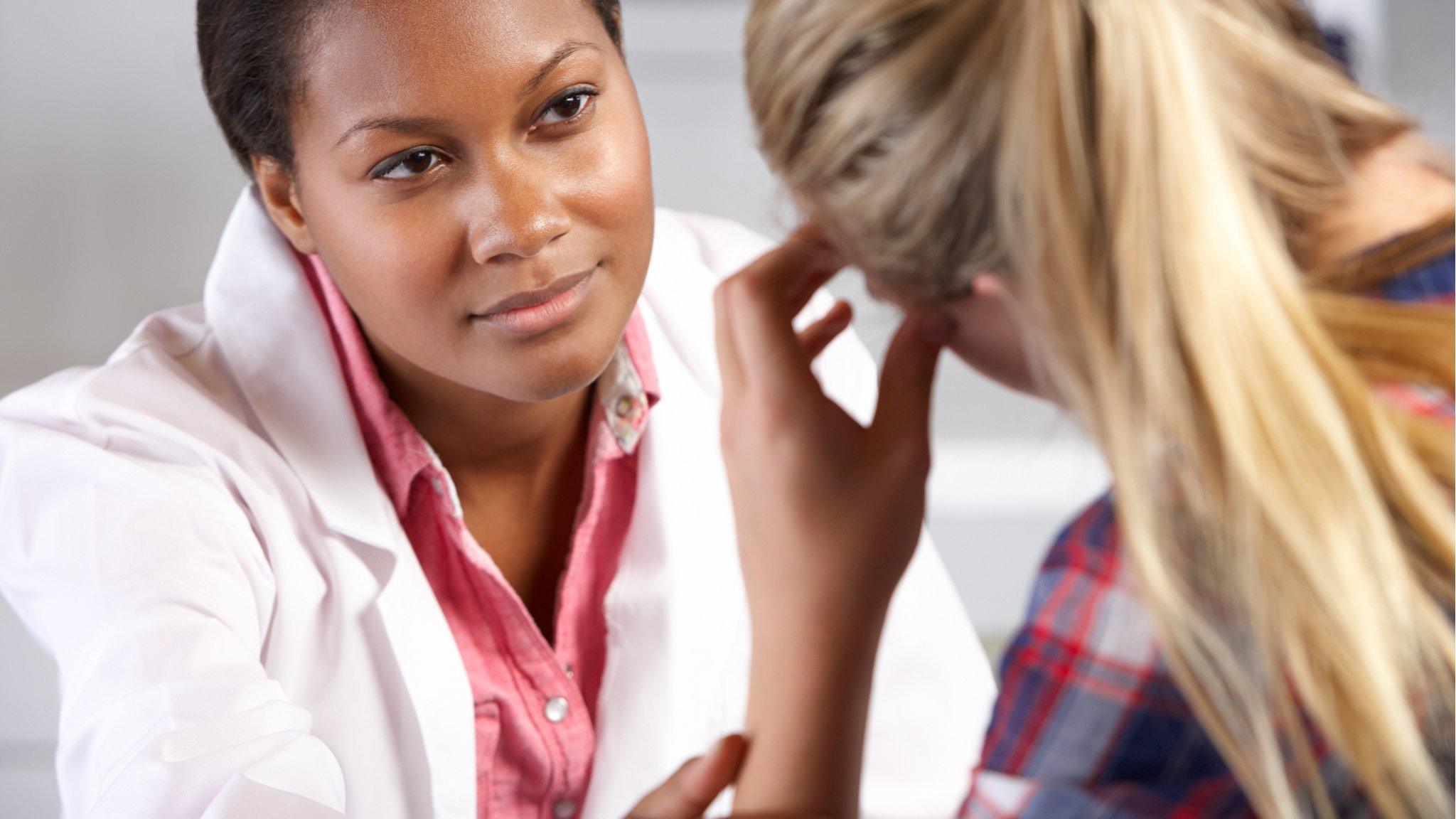
- Published29 July 2017
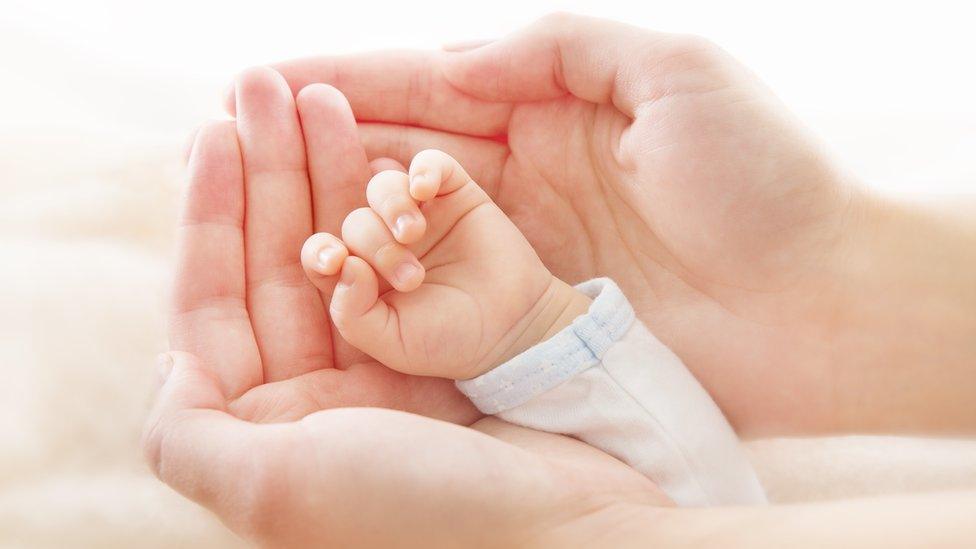
- Published26 March 2017
